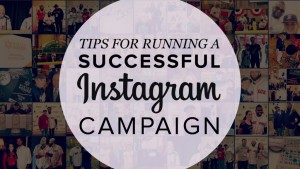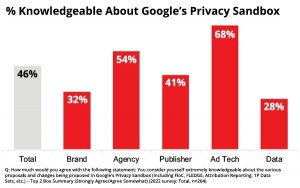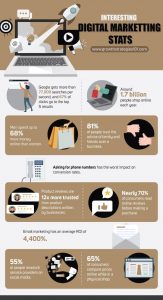
Social media can be a fickle mistress.
What’s trendy today will be passé tomorrow. What engages readers now will annoy them later. What makes you seem cool and edgy now will make you seem clueless and hokey later.
Even something as simple as the words you use can have a big impact on how followers perceive you and whether they will engage with you.
While the words you use are important, it is almost more important to know what words not to use. Here are a few words and phrases you should cut from your social media vocabulary if you want to get results:
Trendy Lingo
But saying things like “on fleek” and “I can’t even” makes you look like you’re cool and up with the times, right?
No. Not unless you actually understand how to use these terms properly (which you probably don’t if you’re not in high school) and not unless this style of speech actually fits with your brand image.
Can you image Fortune saying that their annual 500 list was “on fleek?” No. And if they did, they’d probably lose a whole lot of serious readers.
You also make a blunder when you say something dumb in an attempt to be cool, like suggesting that parents and their children “Netflix and chill” while enjoying your popcorn. (Don’t know what that means? Look it up and see why you should never use it.)
Get rid of words and phrases like bae, on fleek, turnt, I can’t even, lit, and fam. Stick with what you know works and leave it to brands like Buzzfeed to be the trendsetters.
Jargon
Jargon is like the trendy lingo of the business world. No one knows what you’re talking about unless they are part of the in crowd.
You want to engage people on social media and make them feel like they are part of the conversation – you don’t want to make them feel alienated and confused. Using jargon will lead to the latter.
Jargon includes words like “synergy” and “millennial.” People who are in your field may understand it, but newcomers and outsiders won’t. Unless you plan to only market to the established pros in your industry, you need to cut it out of your vocabulary.
Other jargon can include things like optimization, conversions, sales funnel, virality and regression analysis.
Creative Titles
These days, it seems like no one wants to refer to themselves as just a marketer or a writer. Instead, they call themselves a “marketing rock star” or a “content maven.”
Or instead of an IT technician, you refer to yourself as a “digital wizard” or a “computer guru.”
Many people think these creative titles make them seem more talented and more excited about what they are doing. But others are more likely to think that you don’t take your job very seriously or that you are trying to compensate for the fact that you aren’t very good at your job.
Stop using the made-up titles and just stick to what you are. There’s no shame in using the real title. It is factual and explanatory.
If you want to showcase how talented or accomplished you are, share examples of your work or your accomplishments, such as awards and recognitions.
Hyperbole
Hyperbole is the old standby of marketers and advertisers who can’t think of more concrete ways to sell their product.
“The best cleaning solution on the market!”
“You won’t believe the results you get from our software!”
Unfortunately, this type of language has become so overused that today’s consumers are savvy to it and tune it out. If you use a statement with words like “best,” “worst,” “only,” or “top” in it, people are likely to see your posts as spam promoting junk.
Instead, focus on the concrete ways that your product or service can help people.
For example, instead of saying that yours is the best cleaning solution on the market, talk about how it gets out blood stains within minutes or it can restore old furniture to like new again after just one application.
Instead of telling people they “won’t believe” the results they can get, tell them what kind of results they can get. If they are going to be amazed, they will feel that after you’ve told them and they will be more likely to click through. If you have to hide the big promise, it’s probably not that big a deal.
People are much more used to marketing and advertising schemes, and they are looking for brands that seem sincere. If you want to truly connect with your social media followers, you will get rid of these words in your posts and focus on genuine claims, promises and emotions. By putting your users first, you will create a winning marketing strategy every time.
Digital & Social Articles on Business 2 Community(8)
Report Post






